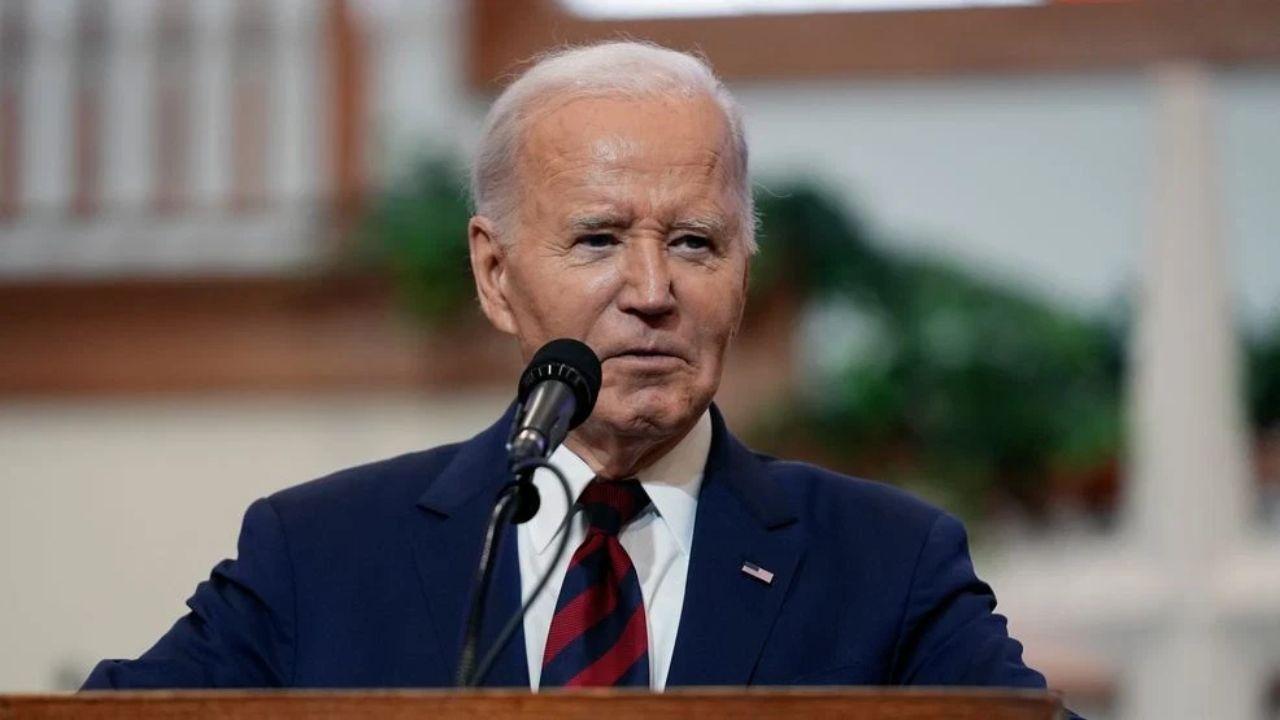
Post by : Luxmi Verma
In today's world, there is a growing concern that younger generations no longer show the same level of respect towards their elders. Generation Disconnect: Are Kids Losing Respect for Their Elders? is a question many parents, teachers, and grandparents are asking. While it is true that each generation faces its own challenges, the noticeable shift in how young people treat older individuals cannot be ignored. This article delves into why this is happening, how it affects society, and what can be done to bridge the gap between the younger and older generations.
Respect for elders has long been a cornerstone of most cultures. In the past, children were taught to show deference to their parents, teachers, and community leaders. Elders were often seen as the source of wisdom and experience. However, as society has evolved, this once strong foundation of respect seems to be crumbling.
The shift towards a more individualistic society, fueled by technology and rapid social changes, has played a significant role in the erosion of these traditional values. Younger generations are growing up in a world where personal freedom and independence are prioritized, sometimes at the expense of respect for authority and tradition.
One of the most noticeable changes in recent years is the role of technology in shaping the attitudes of young people. With smartphones, social media, and instant access to information, today's youth often feel less reliant on the wisdom of their elders. In the past, children would turn to their parents or grandparents for advice, but now, many turn to their devices for answers. This has created a barrier between the younger and older generations.
Moreover, social media platforms often foster a sense of instant gratification and immediate feedback, which can encourage a lack of patience and understanding. This quick-paced world can make young people less inclined to listen to the experiences and advice of older individuals who may not be as tech-savvy or quick to adapt to new trends.
Another factor contributing to the generation disconnect is the change in family dynamics. In the past, extended families lived together or close by, allowing children to regularly interact with their grandparents and other elderly family members. Today, many families are more spread out, and the traditional family unit has changed. Parents may be busy with work, and grandparents may be far away, resulting in less time for the younger generation to develop strong bonds with their elders.
In some cases, children are growing up in homes where respect for others is not emphasized as much as it once was. With the increasing focus on career success and financial stability, many parents may unintentionally neglect the importance of teaching their children about respect and gratitude. This can lead to a lack of empathy and understanding toward older generations.
Cultural shifts also play a role in the changing attitudes towards elders. Modern values often promote equality and challenge authority. While these ideas are important in many aspects of life, they can sometimes lead to a disregard for the natural hierarchy that once existed in society. Respecting elders was seen as an important part of showing humility and understanding one's place in the world.
However, with the rise of egalitarian thinking, young people may see their elders as equals or may feel that their opinions and perspectives are just as valuable. While this is not inherently negative, it can sometimes lead to a lack of the deference that was once given to older individuals, especially when those individuals possess life experiences that younger generations have yet to encounter.
The absence of respect for elders has a ripple effect on society. When children no longer look to their elders for guidance, they may miss out on valuable lessons and wisdom that can shape their lives in a positive way. Additionally, the lack of respect for older generations can create tension and divide communities. Elders may feel undervalued or ignored, leading to a sense of isolation and even depression.
Moreover, this breakdown in respect can lead to a breakdown in social cohesion. Communities are built on mutual understanding and respect, and when younger generations fail to show respect to their elders, it can lead to a weakening of social bonds and a less cooperative society.
While the growing generation disconnect is concerning, there are steps that can be taken to encourage a culture of respect and understanding. Parents, educators, and community leaders must take an active role in teaching young people the importance of respecting others, particularly their elders. Here are some ways to help bridge the gap:
Encourage Intergenerational Interaction: Programs that bring young people and older individuals together can help foster mutual respect and understanding. This can be through volunteer work, mentorship, or simply spending time together in a community setting.
Lead by Example: Parents and caregivers should model respectful behavior toward elders. Children are more likely to adopt respectful attitudes if they see it practiced in their everyday lives.
Open Communication: Encourage open communication between generations. When young people are given the opportunity to listen to the stories and experiences of their elders, they may gain a deeper appreciation for their knowledge.
Teach Empathy and Gratitude: Schools and parents should emphasize the importance of empathy, gratitude, and understanding. Teaching children to appreciate the contributions of older generations can help them develop a greater sense of respect.
The article "Generation Disconnect: Are Kids Losing Respect for Their Elders?" explores the growing concern that younger generations are showing less respect towards their elders. It discusses the factors contributing to this shift, including the impact of technology, changing family dynamics, and cultural changes that prioritize individuality over tradition. The article also examines the effects this lack of respect has on society, such as weakened social bonds and missed opportunities for learning from elders. Lastly, it offers solutions, such as encouraging intergenerational interactions, leading by example, and teaching empathy and gratitude to bridge the gap between generations and restore respect for elders.
The views and opinions expressed in this article are those of the author and do not necessarily reflect the official position of DXB News Network. The content provided is intended for informational purposes only and is not meant to be a substitute for professional advice. All readers are encouraged to form their own conclusions based on the presented information.
#trending #latest #GenerationDisconnect #RespectForElders #YouthAndElders #RespectInSociety #IntergenerationalRespect #FamilyValues #RespectForOlderGenerations #TechnologyAndRespect #CulturalShift #SocialCohesion #YouthAndTechnology #ParentingAndRespect #TeachingRespect #breakingnews #worldnews #headlines #topstories #globalUpdate #dxbnewsnetwork #dxbnews #dxbdnn #dxbnewsnetworkdnn #bestnewschanneldubai #bestnewschannelUAE #bestnewschannelabudhabi #bestnewschannelajman #bestnewschannelofdubai #popularnewschanneldubai

Explore the legacy of the Bibliotheca Alexandrina and its UAE ties at Erth, Abu Dhabi. Exhibition runs from May 16, 2025.... Read More

Sheikh Mansoor explores AI tools, security innovations, and global policing solutions at the World Police Summit 2025, showcasing next-gen safety technologies... Read More











Rashid Al Obad Appointed Director General of Shams
Sheikh Sultan issues Emiri Decree appointing Rashid Al Obad as Director General of Sharjah Media Cit

Dubai’s Government Best Practices Series 2025 Highlights Innovation
The Government Best Practices Series 2025 in Dubai focused on government innovation, digital service

Dubai Hosts GenAI Masterclass for Future Family Leaders
Dubai Centre for Family Businesses held a GenAI masterclass to train 24 young leaders in using AI fo

ArtDomain by DXB News Network Opens to Strong Global Response — Applications Begin for A50 and The Art Guild.
ArtDomain by DXB News Network Opens to Strong Global Response — Applications Begin for A50 and The A

Dembele's Goal Gives PSG a 1-0 Win Over Arsenal in Semi-final
Ousmane Dembele scores early to give PSG a 1-0 win over Arsenal in their Champions League semi-final